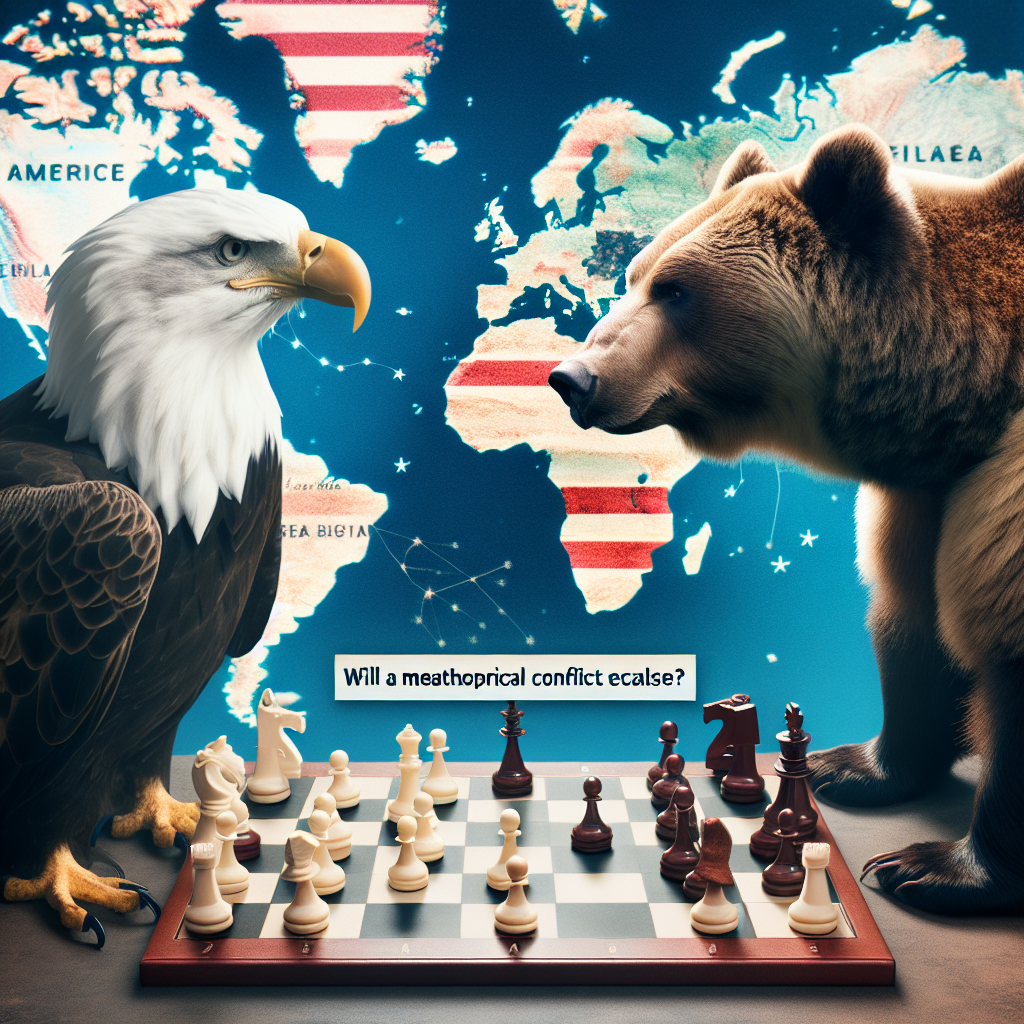Western NGOs have taken a significant role in the landscape of Georgian politics following the recent legislative elections that saw the Georgian Dream Party secure a strong victory. This party is known for its pragmatic approach towards Russia, contrasting sharply with the array of opposition parties that Western entities financially support. These opposition groups are pushing for protests reminiscent of Ukraine’s Maidan Revolution, seeking to leverage unrest to potentially open a second front in the ongoing conflict between the West and Russia. This strategic interference aligns with the broader geopolitical aims of the West and raises concerns about the intention to draw Georgia into a deeper confrontation with Russia.
Russian Foreign Minister Sergey Lavrov has articulated skepticism regarding the West’s motives, suggesting that there is credible evidence pointing towards Western efforts to instigate hostilities between Georgia and Russia. Concurrently, Russian President Vladimir Putin has denied accusations of Russian meddling in Georgia’s electoral processes, although such denials appear unconvincing to Western analysts inclined to view Russia’s actions with suspicion. Putin remains in a precarious position – his restrained response to perceived provocations could, paradoxically, invite further aggressive moves from the West, leading to an escalation of tensions.
On the economic front, recent reports reveal substantial financial commitments by the U.S. government related to the conflict in Ukraine. Since February 2022, Congress has allocated $182 billion towards Ukraine, including $43.84 billion aimed at governance and development efforts. This ambiguous categorization raises concerns over the potential for misallocation of funds, possibly facilitating corrupt practices that bolster military action against Russia. Despite ongoing assistance to Ukraine in the form of weaponry and intelligence, Putin’s calculations seem to hinge on the notion that such support does not equate to a full-scale war, a perspective that overlooks the rising hostilities stemming from these actions.
The persistence of conflict in Ukraine poses a substantial dilemma for Russian strategy and response. By sidestepping decisive military engagement in 2014, Putin inadvertently prolonged the war and allowed Western influence to burgeon in the region. The potential for Western powers to leverage the situation in its favor creates a complex challenge for Russia, especially as domestic political considerations complicate any diplomatic negotiations. The continuation of the conflict places additional pressure on Putin, suggesting that a too-cautious approach may ultimately lead to unfavorable concessions.
Moreover, the protracted nature of the war—now stretching into nearly three years—has amplified the costs, both human and financial. A more aggressive stance early on might have yielded a quicker resolution and stifled Western involvement, but the unfolded reality appears increasingly drawn out and fraught with escalating risks. The strategic indecision coupled with prolonged hostilities has not only weakened Russia’s position but has also emboldened opposition movements within nations like Georgia, compounding the challenges to Putin’s authority on the geopolitical stage.
In the realm of domestic political dynamics, the resurrection of accusations regarding Russian influence by U.S. political entities signifies a renewed focus on discrediting dissenting voices within the American landscape. Figures like Elon Musk and Tulsi Gabbard have been marked as targets of this revived narrative, which reflects a pattern of attacking individuals who challenge the mainstream political rhetoric surrounding Russia. This climate of suspicion and hostility serves to further entrench division and distract from substantive discussions needed to address the realities of the ongoing geopolitical turmoil, leaving the situation precariously unresolved.

